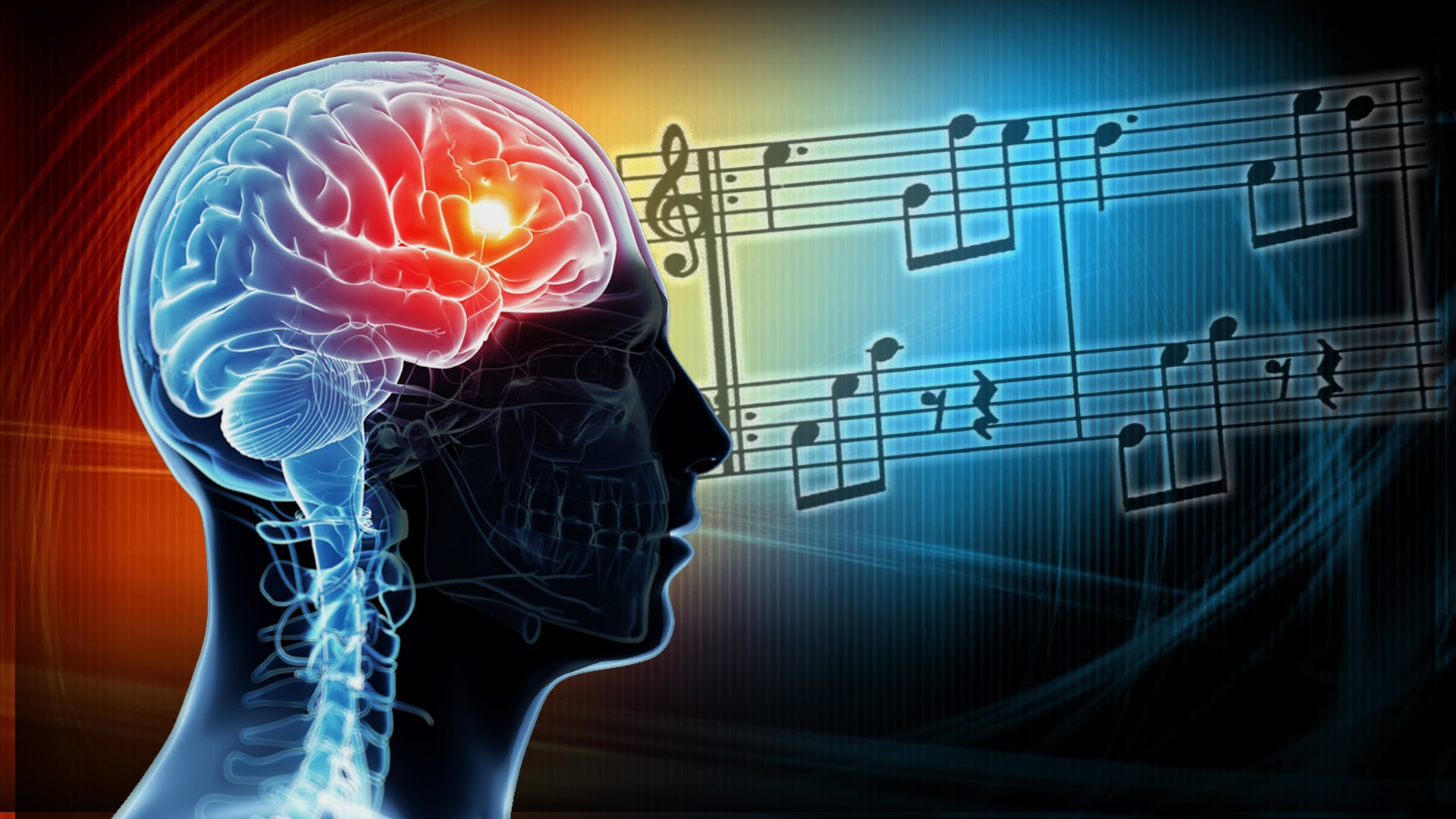
It may be equally likely that those children brought up in more affluent households were both more likely to be exposed to music and to be given a good education that led to their being able to easily learn new things later in life.īut let’s assume that the results of the AARP survey are indeed true.

They do not prove that, for example, it was the exposure to music as a child that led to one’s improved ability to learn new things. Lastly, even if the ratings were true, the findings are only correlations. For example, although people might report their brain health as “excellent,” there was no objective measure of brain health such as an MRI scan, or even a test to measure their cognition. For another, it is really a survey of people’s opinions. For one, it included 3,185 US adults ages 18 and older that is a small number if you are extrapolating to 328 million people across the country. However, this 20-minute online survey has some limitations. Those are pretty impressive results, to be sure.


Music listeners had higher scores for mental well-being and slightly reduced levels of anxiety and depression compared to people overall.Can music really affect your well-being, learning, cognitive function, quality of life, and even happiness? A recent survey on music and brain health conducted by AARP revealed some interesting findings about the impact of music on cognitive and emotional well-being:


 0 kommentar(er)
0 kommentar(er)
